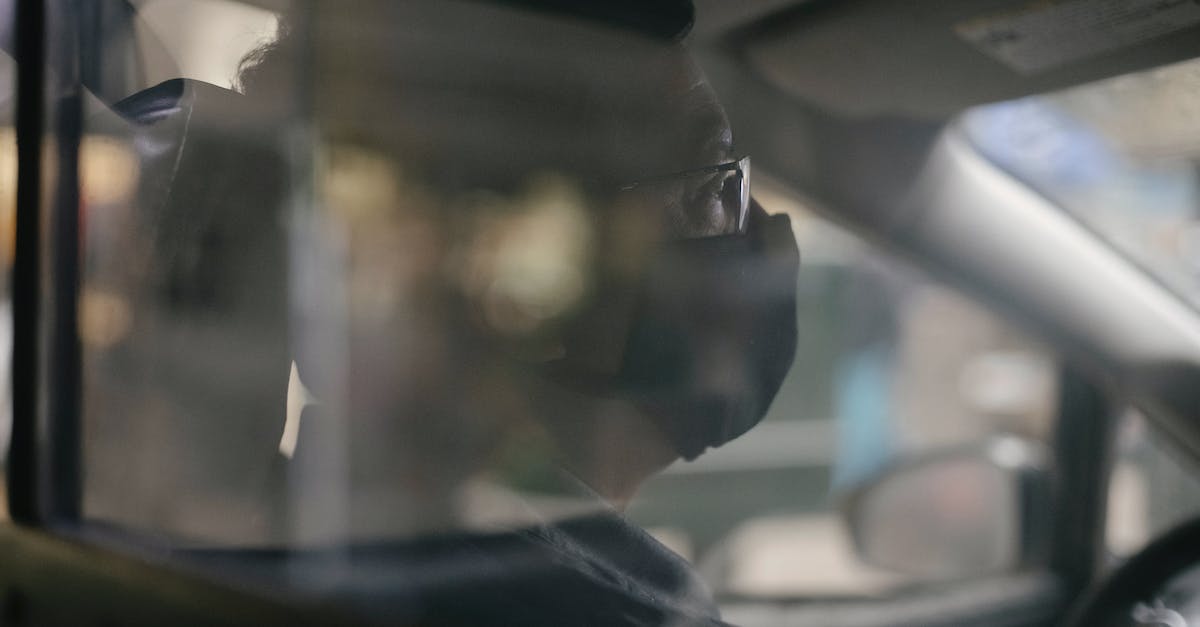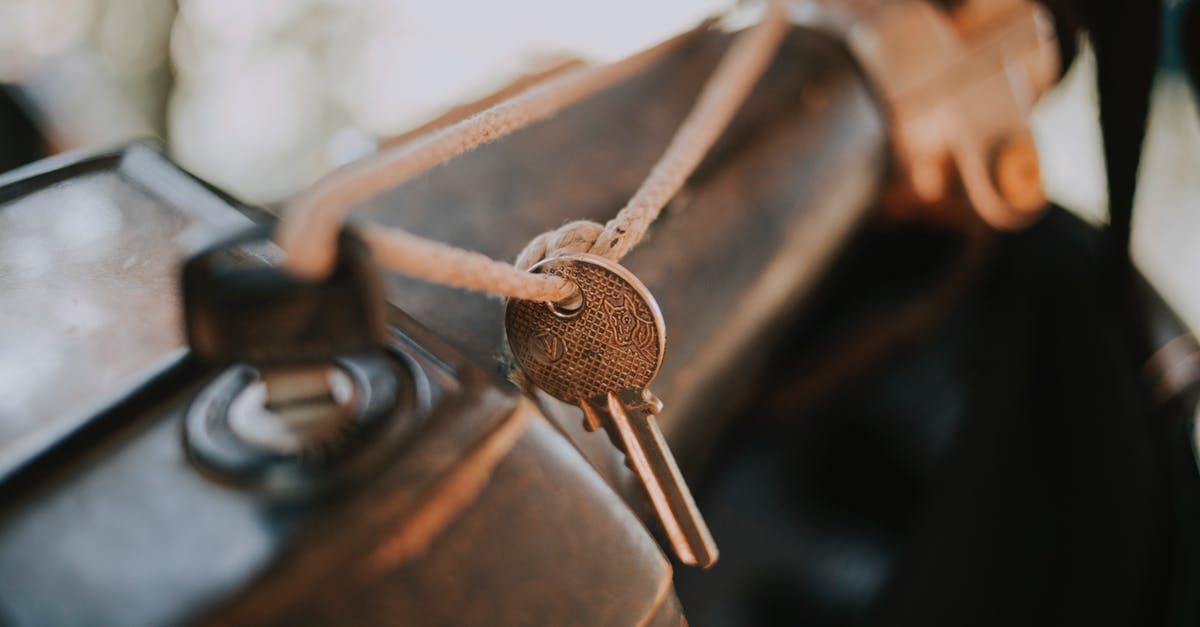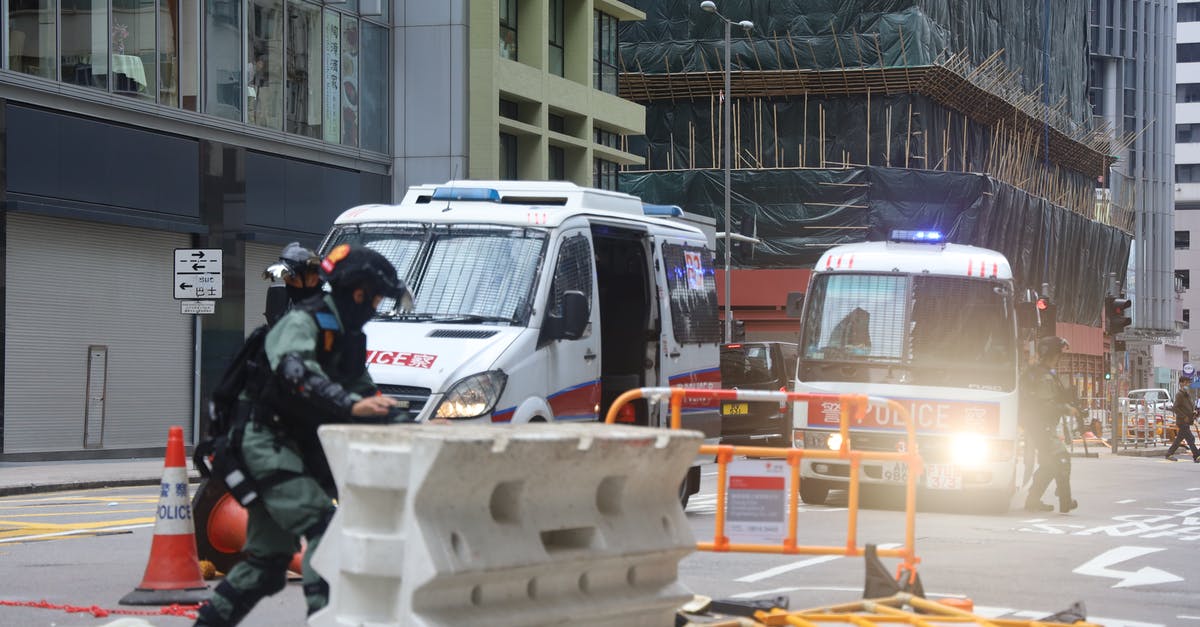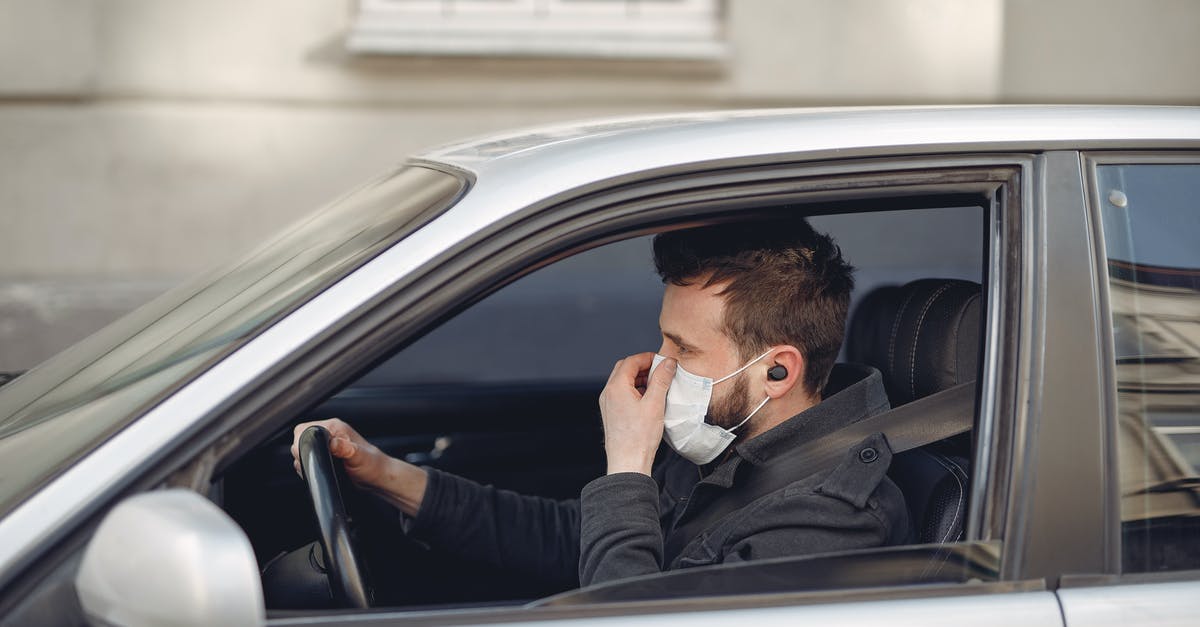Is it safe to drive the Baja Peninsula?

I want to drive from Tijuana to Cabo San Lucas but I've heard of people being pulled over by corrupt cops and being hassled by people on the peninsula. I speak fluent Spanish and I'm pretty street smart. Should I be worried?
Best Answer
These are some tips based on my own experience driving extensively in Mexico (although not so much specifically along the Baja peninsula)
- Don't travel between major cities at night. Especially within 2 hours of the U.S. border. This is where the drug cartels are generally most active, and kidnappings are most common.
- Drive an unimpressive vehicle if possible so as not to attract attention or appear as if you have money. A Volkswagen will blend right in.
- Always be sure to have Mexican car insurance!
- Make sure your vehicle is legal in Mexico! The Federal Police will stop your vehicle about 20km from the border to make sure it's properly registered.
- Keep excess cash and credit cards hidden. Keep at most about 200 pesos in your wallet, where a police officer might see it when you are pulling out your drivers' license.
- If you can, take a spare drivers' license (even an expired one--the officer probably won't notice, if your photo looks current, as the dates are in a different order in Mexico vs. the U.S.), and present the spare if you are asked for it. In Mexico, when you are ticketed, the police officer keeps your drivers' license. It is returned only once you pay the fine at the police station.
- If you are stopped, be very polite, and don't argue with the officer*. Explain you are sorry for the infraction, and that you want to do the right and just thing by paying the fine at the police station. The officer will often tell you that you cannot pay the fine for several days (sometimes this might be true, usually it's not). Stand your ground that you want to do the right thing and that the infraction was your fault. The officer will usually tire of trying to convince you to bribe him.
- If you do get ticketed, I do suggest paying the fine. The fines are usually pretty small, and in most (maybe all) places, you get a 50% discount if you pay within a week or two. If you're ticketed unjustly (as in #3 below), that's when having a spare drivers' license comes in handy. You also have the option of returning to the U.S. (or wherever home is) and reporting your license stolen to get a replacement.
- Drive slowly and safely. The speed limit and other traffic laws are (nearly) unenforced in much of Mexico, which means the other drivers will be zipping by you, ignoring no-passing zones, etc. So beware!
*The only time I argued with an officer was when I was threatened with being arrested for having a torn vehicle registration (See #2 below). I knew I was in the right, and I read the rules directly to him, which said unregistered vehicles were subject to a fine and impounding, but not jail.
Following is a summary of my run-ins with the police (and in one case, psuedo-police) in Mexico.
First stop, I wasn't actually driving. My friend, a U.S. ex-patriot living in Guadalajara the last 20 years was stopped east of Monterrey. He refused to pay a bribe, and the officer gave him a ticket out of spite. The officer made it as difficult to pay as possible, costing us about 3 hours, and the equivalent of US$30 or so.
Second stop, again near Monterrey, another friend driving my car this time. The police threatened to impound the vehicle and jail my friend and I (but not the other 3 passengers). We stood our ground, and it was clear their threats were empty. They eventually let us go. It cost us about an hour, and no money, although it almost cost us about a US$150 bribe. Read the full account here.
I was stopped in San Miguel de Allende for "emitting black smoke and polluting." I was driving a 1986 diesel VW. The cop was very down to business. He didn't ask for a bribe, he just gave me a ticket, and took my license. I would have paid, had I felt it was a fair ticket. But as I had given him a 4-year expired license, I just let him keep it. Cost me about 20 minutes, and my only spare drivers' license.
Stopped just south of the city of San Luis Potosí for speeding (140km in 110km zone). I was speeding. I informed the officer I wanted to pay the fine at the police station the following Monday (I was stopped on a Saturday). He tried to convince me it was unreasonable for me to wait that long. When that failed, he tried to convince me it was unfair of me to make him fill out the paper work, so I should pay him a bribe. I stood my ground. Cost: 30 minutes, no money.
Stopped in Guadalajara for making an illegal left turn. I was at fault (although the intersection was not clearly marked--the charges would not have held in a U.S. court). Officer asked if I wanted a ticket. I said "No, but I understand that I deserve one, so I'll take it." Cost: 15 minutes no money.
Right at dusk, I was stopped by the "Guanajuato Municipal Police" 30 miles from the nearest town in the state of San Luis Potosí (Think: LAPD patrolling a Texas highway... fishy!). The police vehicles were faded, apparently reject vehicles donated (perhaps willingly, perhaps not) by the Guanajuato municipality. I, and my 2 passengers, were asked to exit the vehicle, open the trunk, and step away from the car. After a very superficial "inspection" of our vehicle, we were allowed to continue.
Pictures about "Is it safe to drive the Baja Peninsula?"



Is it safe to travel to the Baja Peninsula?
Despite the stories that have been infiltrating U.S. media, Baja is generally a safe place to travel. It is statistically safer than many cities in the U.S. Most of the violence that you hear about in Mexico is related to narcotics trafficking and takes place in border towns.Is it safe to drive Baja to Cabo?
You'll also want to look into whether it is safe to drive to Cabo San Lucas. Overall, the drive to Cabo is safe, but you'll want to follow important driving tips to avoid problems. One of the most important guidelines is to stay on or close to the Transpeninsular Highway that runs through Baja.Is it safe to travel to Baja right now?
Reconsider Travel To:Baja California state due to crime and kidnapping.Is Baja safe from cartels?
The most common crimes committed throughout Baja, Mexico are drug trafficking, corruption, and bribery. Avoid traveling around Baja at night to increase your safety. In general, Baja, Mexico is a safe state. Of course, there is crime which most of it stems from cartel related incidents.15 Tips - IS IT SAFE TO DRIVE TO MEXICO?? (BAJA PENINSULA) (261)
More answers regarding is it safe to drive the Baja Peninsula?
Answer 2
My experiences in Baja and BCS have run directly contrary to the folklore about corruption in Mexico. I drove the peninsula, eschewing warnings against driving at night, with only a few regrets.
It is a much longer drive than it appears on a map. Infrastructure is uneven. You may assume that it's a very relaxed, two day trip if you're accustomed to the interstate highway system in the US. There are no straight shots and average speed may be only 35mph. Over 1100 miles, that's quite a journey.
My realistic fears at night would include fatigue on very narrow, elevated roads leading to a minor wreck, and the presence of cattle reclining on the warm road surfaces at night. A smaller car is better. Popular cars, even if they're completely stock, look like Baja Beetles. The VW Crossfox is practical, as are very small trucks with good suspension. Federales are present at checkpoints, polite, professional, and usually speak some English.
If you drive at night, you will see some of the most beautiful and tranquil landscapes, sunrises and sunsets, that your imagination could conjure. The people in the smaller towns do not anticipate tourists, they are usually kind and humble and excited to meet strangers, I didn't encounter much xenophobia.
It is my opinion that the worst parts of BCS are safer than the best parts of California. Crime is usually a story about poverty, and very annoying, but seldom violent.
There have been a number of measures in the last couple of years to reform law enforcement and the legal system, a national Gendarmerie (paramilitary police force after the model of France) has been established. BCS was already pretty good, some of this is symbolic but it does give Mexico cause to take pride.
Well-known tourist areas tend to be the areas of highest crime. If you are looking for it, you will find it.
Answer 3
I hitchhiked from northern Baja to La Paz. I had no problems.
Outside of Tijuana and the resorts in Cabo, Baja is mostly desolate and remote, and I would not expect any problems with the police. Instead, expect the desolate beauty of the desert, and hospitality and respect from the locals (assuming you show the same).
In Tijuana itself, I'd guess that anything could happen.
Your ability to speak Spanish fluently will help greatly should you get into trouble.
Sources: Stack Exchange - This article follows the attribution requirements of Stack Exchange and is licensed under CC BY-SA 3.0.
Images: Tim Samuel, HONG SON, LT Chan, Gustavo Fring
